医学放射科学学士-核医学
Bachelor of Medical Radiation Science - Nuclear Medicine

学历文凭
Bachelor Degree

专业院系
UniSA Allied Health & Human Performance

开学时间

课程时长

课程学费

国际学生入学条件
Applicants are required to meet one of the following criteria with a competitive result, and demonstrate that they fulfil any prerequisite requirements and essential requirements for admission:
Recent secondary education:
Meet any prerequisite requirements with a minimum grade of C- or equivalent and
Complete secondary qualifications equivalent to SACE, or
Complete the International Baccalaureate Diploma with a minimum score of 24 points
or
Higher education study
Complete or partly complete a recognized higher education program at a recognized higher education institution
or
Vocational Education and Training (VET)
Complete an award from a registered training organisation at Advanced Diploma level or above
or
Work and life experience
Hold completed secondary qualifications equivalent to SACE obtained more than 2 years in the past
English language requirements:
IELTS score of 7.0; TOEFL iBT score of 94 with no band less than 22; TOEFL paper-based test (PBT) score of 600 with TWE of 5.0; Cambridge CAE/CPE score of 186; Pearson's test of English (Academic) (PTE) score of 65 with no communicative score less than 65; CELUSA score of AE6.
IDP—雅思考试联合主办方

雅思考试总分
7.0
了解更多
雅思考试指南
- 雅思总分:7
- 托福网考总分:94
- 托福笔试总分:550
- 其他语言考试:Pearson PTE - 65 with Reading and Writing communicative scores not less than 65
CRICOS代码: 088333G
申请截止日期: 请与IDP顾问联系以获取详细信息。
课程简介
This is the only degree of its kind in South Australia, preparing you for a rewarding career in the highly specialised field of nuclear medicine.<br><br>Start your unstoppable career as a nuclear medicine technologist, responsible for preparing and administering radioactive substances to patients to evaluate the function of an organ and diagnose andor treat disease.<br>Students who undertake activities where interaction with patientsthe public is required for their degree, such as field or clinical placementsvisits and in University clinics and gyms, must demonstrate they meet mandatory pre-placement conditional requirements. These include criminal history clearance, a Working with Children Check and immunisation requirements. Please visit the Clinical Placement Unit for information on key requirements, and to access the full student checklists.<br><br>All students enrolled in a program leading to professional registration must be registered with the relevant national board. The registration process is undertaken by the Australian Health Practitioner Regulation Agency (AHPRA) with the University providing notification to AHPRA following enrolment in the program.<br>Nuclear medicine technologists need to know how to confidently prepare and administer radioactive substances (radiopharmaceuticals), to evaluate the function of an organ or body system and diagnose andor treat diseases. Throughout your degree, you’ll learn how to work with radioactive substances, and complement your clinical skills with valuable interpersonal skills such as communication and collaboration.<br><br>During your first year, you’ll focus on basic sciences at the core of the study and practice of medical radiation science. You’ll cover a range of topics, including anatomy, physiology, pathology and radiation physics. These core subjects introduce you to the scientific principles surrounding medical radiation.<br><br>You’ll apply these concepts to professional practice through clinical placements, which begin in your second year and continue through your third and fourth years.<br><br>Throughout your studies, you’ll take part in regular pre-clinical preparation workshops to further extend your skills as you move into advanced areas of practice.
相关申请
 预科
预科 奖学金
奖学金 实习机会
实习机会 在校学习
在校学习 跨境学习
跨境学习 校园授课-线上开始
校园授课-线上开始 在线/远程学习
在线/远程学习
学校排名

世界排名201
数据源:泰晤士高等教育世界大学排名
关于南澳大学

南澳大学(UniSA)是一所全球认可的机构,为来自世界各地的学生提供200多个世界一流的学位。大学坐落在美丽的阿德莱德市--这座城市被经济学人智库的''2024年全球宜居城市指数''评为全球最宜居城市之一。UniSA拥有两个市中心校区、两个大都会校区和两个城外地区校区,所有校区都拥有最先进的设施。该大学在研究、就业能力、教学、设施、国际化、包容性和创新等方面都获得了五星级的优异成绩,并在 2023 年 QS 星级评比中被评为五星。作为世界顶级年轻大学之一(2024 年泰晤士年轻大学排名第 43 位),南澳大学提供多种学位。在 36000 多名学生中,有 5700 多名国际学生,并与超过 24 个国家的 87 个交流伙伴建立了全球联系。这所年轻且不断发展的机构近年来在基础设施方面进行了总额超过4亿澳元的巨额投资。这使学生可以使用世界一流的学习空间和技术,充分利用大学提供的机会。南澳大学与本地和国际组织合作开发了一系列一流研究,根据2018年澳大利亚卓越研究(ERA)调查,大学被评估的研究中,100%处于世界水平或更高水平。根据ComparED(QILT)2021-23 年雇主满意度调查,在澳大利亚就业能力排名第 7 位。作为南澳大利亚州的公立大学,该大学提供的教育侧重于培养下一代具有创造力的人才,是一所与行业联系紧密、具有全球进取心的大学。
本校相关课程
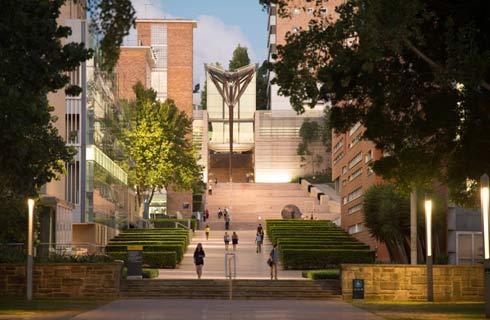
环境科学哲学博士
学历文凭
Ph.D.
开学日期
课程费用总额

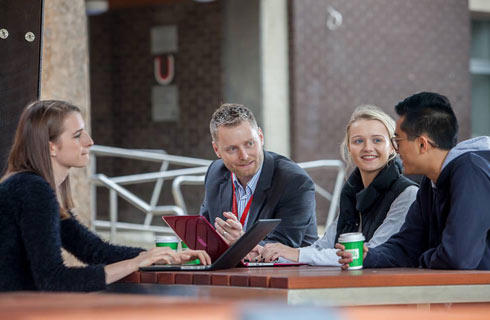
土木工程研究硕士
学历文凭
Masters Degree (Research)
开学日期
课程费用总额


机械与制造工程研究硕士
学历文凭
Masters Degree (Research)
开学日期
课程费用总额

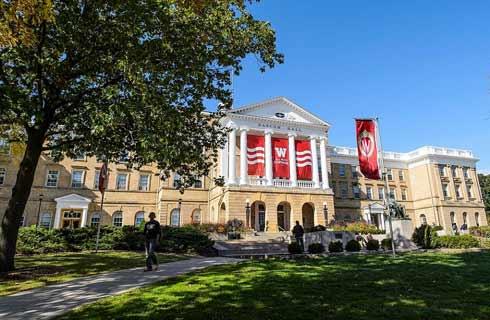
统计研究硕士
学历文凭
Masters Degree (Research)
开学日期
课程费用总额

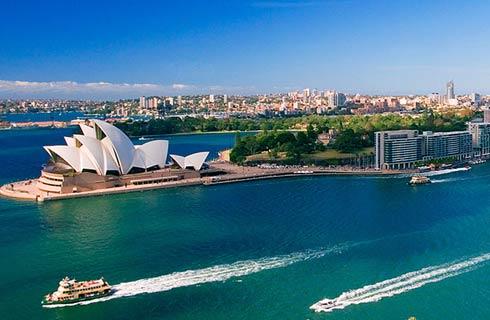
Master by Research Systems Engineering
学历文凭
Masters Degree (Research)
开学日期
课程费用总额

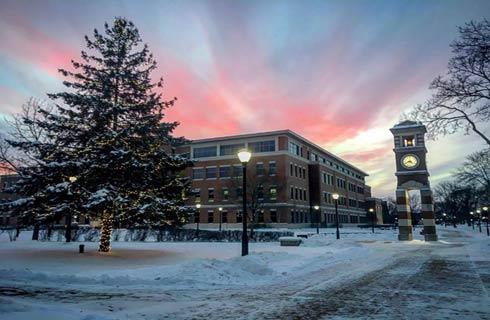
计算机信息科学研究硕士
学历文凭
Masters Degree (Research)
开学日期
课程费用总额

其他相关课程

MBBS医学
 东安格利亚大学
东安格利亚大学学历文凭
Bachelor Degree
开学日期
课程费用总额

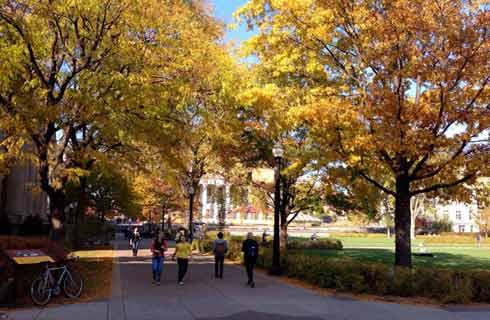
理学学士(荣誉学位)-药物化学
 奥克兰大学
奥克兰大学学历文凭
Bachelor Degree with Honours
开学日期
课程费用总额


MChem(荣誉)化学,生物和药物化学(国外)
 约克大学
约克大学泰晤士高等教育世界大学排名:147
学历文凭
Undergraduate Masters
开学日期
课程费用总额

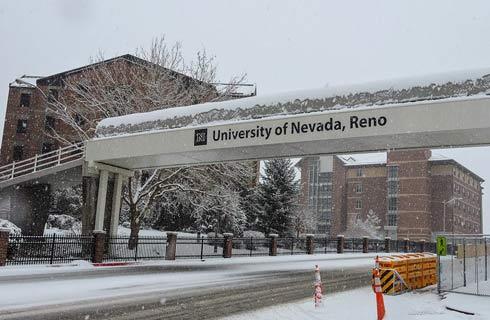
诊断病理学硕士
 堪培拉大学
堪培拉大学泰晤士高等教育世界大学排名:351
学历文凭
Masters Degree (Coursework)
开学日期
课程费用总额


生物科学与生物医学(学位课程)理学学士学位
 兰卡斯特大学
兰卡斯特大学泰晤士高等教育世界大学排名:155
学历文凭
Bachelor Degree with Honours
开学日期
课程费用总额

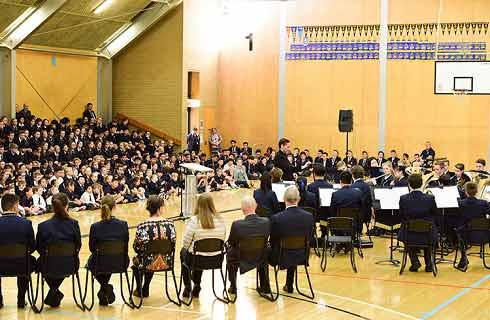
药物化学化学硕士(荣誉学位)(外聘)
 圣安德鲁斯大学
圣安德鲁斯大学泰晤士高等教育世界大学排名:193
学历文凭
Undergraduate Masters
开学日期
课程费用总额


























